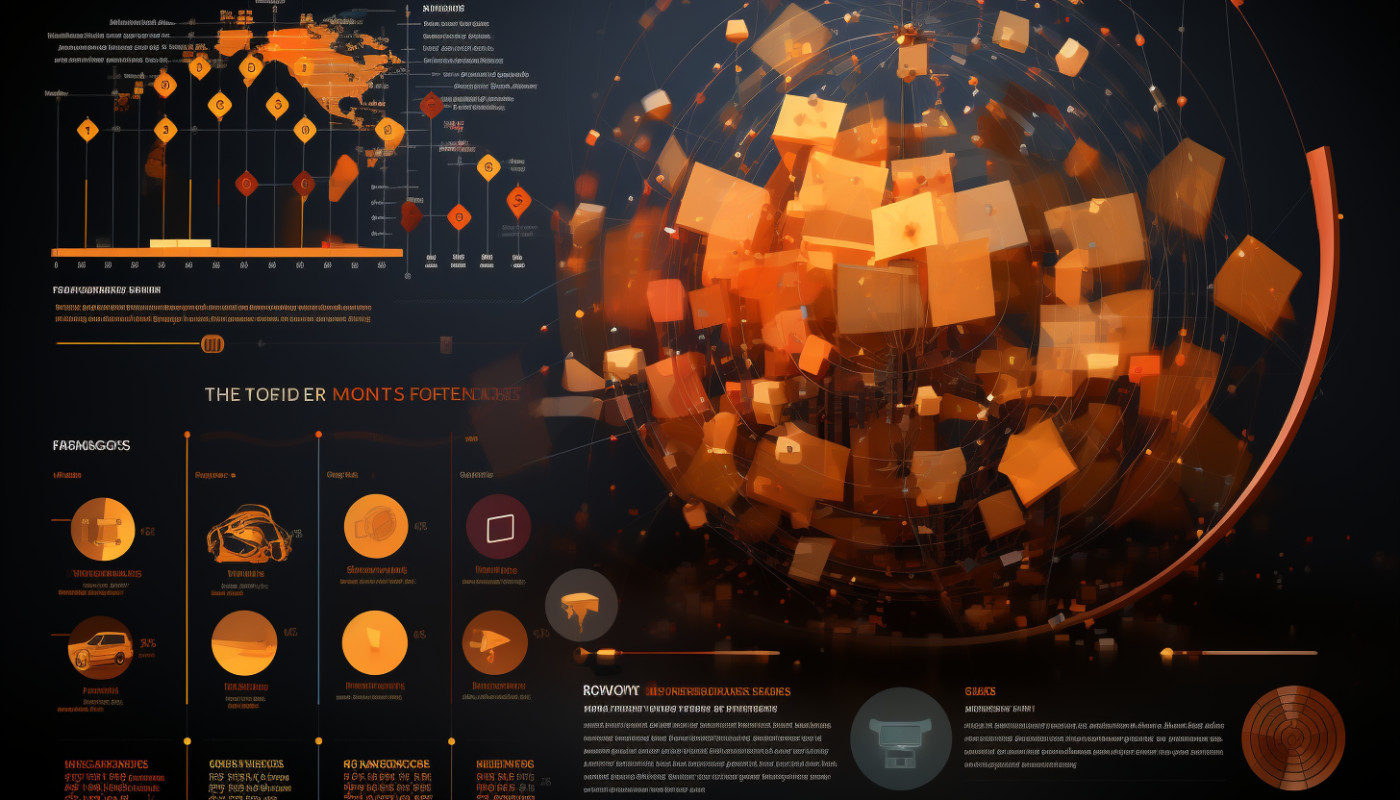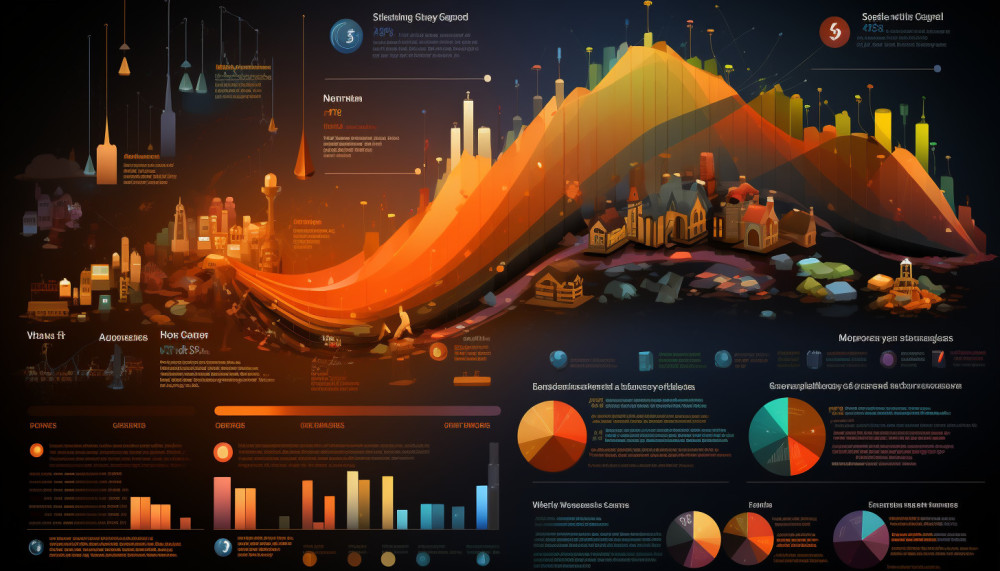Table of contents
As artificial intelligence continues to advance, the concept of AI-generated companionship is rapidly gaining attention. This emerging field invites fascinating questions about the boundaries between human and machine relationships, as well as the moral implications that come with them. Dive into the complexities of this topic to uncover the challenges, possibilities, and dilemmas that define the ethics of AI-generated companionship.
Defining AI-generated companionship
AI-generated companionship refers to the use of artificial intelligence to create digital relationships between humans and virtual companions capable of dynamic interaction. This concept originated from advancements in natural language processing, which enabled machines to understand and generate human-like responses. Presently, ai companionship is manifested through chatbots, virtual assistants, and emotionally responsive avatars that employ ethical technology to simulate empathy, conversation, and companionship. Unlike broader artificial intelligence systems, which may focus on problem-solving, automation, or data analysis, AI companions are specifically engineered to foster personal connections and address social or emotional needs. As technology progresses, the future of ai companionship is expected to involve increasingly sophisticated virtual companions, integrating sensory input, advanced personalization, and adaptive learning to deepen the authenticity of digital relationships. The development of such systems raises nuanced ethical considerations regarding autonomy, consent, and the psychological impact on users, distinguishing virtual companions from utilitarian AI implementations.
Understanding emotional authenticity
The emergence of AI-generated companions raises complex questions about emotional authenticity and the nature of human connection in digital contexts. Leveraging affective computing, these systems are engineered to recognize, interpret, and simulate human emotions, aiming to create digital empathy and foster synthetic relationships. AI emotions are generated through algorithms trained on extensive data sets of human behavior, voice modulation, and facial expression analysis, allowing these companions to mimic nuanced emotional responses. Despite these advancements, true emotional authenticity remains elusive, as AI lacks genuine subjective experience and consciousness. Users may perceive a meaningful interaction, yet the underlying process is fundamentally computational, raising concerns about the depth and reality of the emotional bonds formed. This gap between simulated and authentic emotion can have profound implications, particularly for individuals seeking connection and intimacy, as it may blur the boundaries between meaningful human connection and the illusion of understanding provided by artificial agents. The ethical challenge, then, lies in balancing the benefits of digital empathy with transparency about the limitations inherent in synthetic relationships.
Privacy and data concerns
The increasing prevalence of AI-generated companionship technologies presents significant challenges in terms of ai privacy and data security. These systems often collect personal data ranging from conversational history and emotional responses to detailed behavioral analytics, raising complex questions about digital ethics and user protection. Developers typically utilize such information to refine interaction models and personalization algorithms, but the ongoing aggregation and processing of sensitive user data accentuates the risk of unauthorized access or misuse. Data anonymization is frequently cited as a method to mitigate these risks, yet it does not always guarantee absolute user privacy, especially when datasets can be re-identified through advanced techniques.
The responsibilities of both users and developers are substantial when it comes to maintaining robust data security and adhering to ethical principles. Users must remain vigilant regarding the permissions they grant and regularly review the privacy settings of their AI companions. Meanwhile, developers bear a significant burden to implement transparent data handling practices, employ encryption and access controls, and comply with relevant legal standards such as the General Data Protection Regulation (GDPR). Digital ethics dictates that these organizations provide clear disclosures about what personal data is collected, processed, and shared, as well as meaningful options for users to control their information.
Risks associated with AI companions extend beyond technical vulnerabilities to encompass broader societal implications, including the potential for manipulation, identity theft, and the erosion of trust in digital environments. A responsible approach to ai privacy requires ongoing assessment of emerging threats, regular updates to security protocols, and fostering a culture of accountability among all stakeholders. User protection ultimately hinges on a balanced partnership where both developers and users are educated and empowered to safeguard personal data in the rapidly evolving landscape of AI-generated companionship.
Impact on human relationships
AI-generated companionship is increasingly reshaping the landscape of human relationships, introducing both promising opportunities and noteworthy challenges. The rise of companionship technology enables individuals to form connections with digital entities, leading to a shift in traditional social dynamics. On the positive side, these technologies can provide comfort, reduce loneliness, and offer new modes of digital intimacy for those who may struggle with conventional social interaction. At the same time, concerns emerge regarding the potential erosion of authentic interpersonal skills, as reliance on AI for emotional support might diminish the motivation or capacity for genuine human connection. The phenomenon of para-social interaction—where users develop one-sided relationships with virtual companions—can blur the boundaries between reality and artificiality, raising complex questions about the nature of trust and emotional fulfillment in the digital age.
As digital companions become more sophisticated, the evolution of friendship enters uncharted territory, prompting ongoing social change. The ai impact extends beyond individual users, influencing broader patterns of communication and societal expectations around relationships. While some view these innovations as a pathway toward more inclusive and accessible support networks, others worry about the long-term effects on empathy and collective well-being. For example, platforms like Our Dream are pioneering new possibilities for companionship technology that challenge traditional definitions of social connection. As society continues to adapt to these advancements, ongoing dialogue and ethical reflection remain essential in order to balance technological progress with the enduring value of human relationships.
Establishing ethical guidelines
The rapid advancement of artificial intelligence has made the establishment of ethical guidelines a pressing necessity, particularly in the realm of AI-generated companionship. The responsibility for setting and maintaining ai standards should be a collaborative effort, involving policymakers, technology developers, interdisciplinary ethicists, and representatives of the public. Such cooperation ensures that the evolving landscape of AI remains rooted in ethical ai practices. Among the guiding principles, algorithmic transparency stands out as a foundational requirement, enabling scrutiny and comprehension of how AI systems make decisions and interact with users. This fosters both technology responsibility and fairness in ai, as stakeholders can evaluate whether the systems operate without hidden biases or unintended consequences. Prioritizing transparency, accountability, and equity not only builds public trust in AI companions but also creates a framework that adapts to future innovations, ensuring that ethical concerns remain at the forefront of technological progress.
Similar

How Modern Workspaces Overcome Poor Mobile Connectivity?

Exploring Creative Ways To Combine Elements For Unique Creations

Exploring The Benefits And Applications Of Generative AI Across Industries

Exploring Ethical Considerations In Creating AI-generated Visual Content

The Future Of Cybersecurity: Advancements In Automated Patch Updates

The Future Of AI Regulation: Balancing Innovation With Privacy And Security

The Evolution Of Web Analytics: From Basic Metrics To Advanced Data Insights

Innovating with GPT Chatbots: The Next Frontier in Web Interaction

Innovative Trends in DDoS Protection Software for Online Platforms

Revolutionizing Digital Customer Interactions with AI Chatbots

